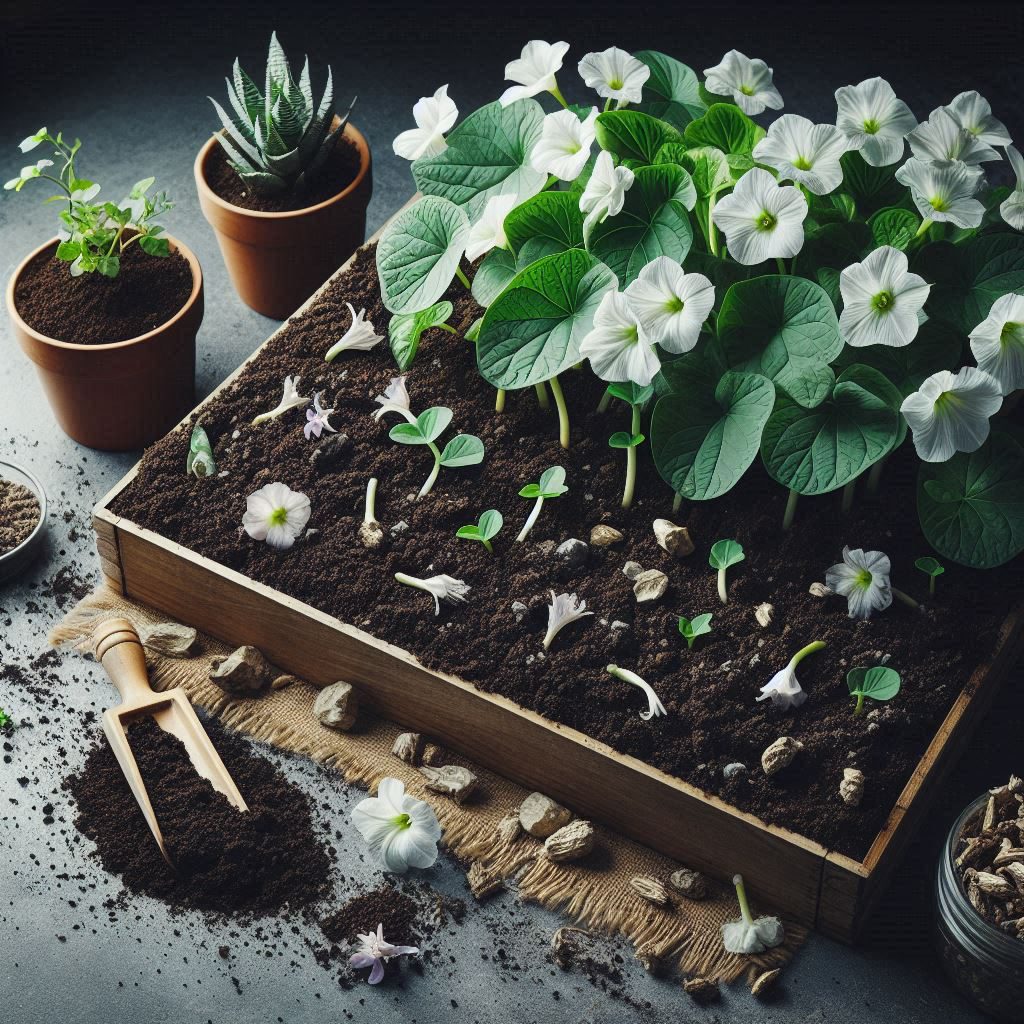Compost is a nutrient-rich organic material produced through the decomposition of organic matter, such as plant and food waste. It is used to improve soil health, enhance plant growth by providing it the necessary nutrients, and also reduce waste in the process.
What is Compost Made of?
Compost contains a variety of essential nutrients that plants need to thrive, including:
- Nitrogen (N): Promotes leafy green growth and is vital for the production of chlorophyll.
- Phosphorus (P): Essential for root development and flower and fruit production.
- Potassium (K): Helps with overall plant health, disease resistance, and water regulation.
- Trace Elements: Such as calcium, magnesium, sulfur, iron, manganese, zinc, copper, and boron, which are necessary in smaller amounts but are crucial for plant health.
What Should Be Included in Compost?
For effective composting, a balance of green (nitrogen-rich) and brown (carbon-rich) materials is necessary:
Green Materials (Nitrogen-Rich):
- Vegetable and fruit scraps
- Coffee grounds and tea leaves
- Grass clippings
- Fresh leaves
- Manure from herbivores (like cows, horses, rabbits)
Brown Materials (Carbon-Rich):
- Dry leaves
- Straw and hay
- Shredded newspaper and cardboard
- Wood chips and sawdust (untreated)
- Eggshells (rinsed)
Things Not To Include in The Compost
Certain items can disrupt the composting process, attract pests, or introduce harmful pathogens:
- Meat and Dairy Products: These can attract pests and create odors.
- Fats, Oils, and Grease: These do not break down easily and can cause odors.
- Diseased Plants: May spread diseases in the compost.
- Weeds with Seeds: Can grow in your compost and spread.
- Pet Waste: From dogs and cats, as it can contain harmful pathogens.
- Treated Wood Products: May contain chemicals harmful to plants.
- Inorganic Materials: Such as plastic, metal, and glass.
By including the right materials and excluding harmful ones, you can create high-quality compost that will enrich your soil and support healthy plant growth.

